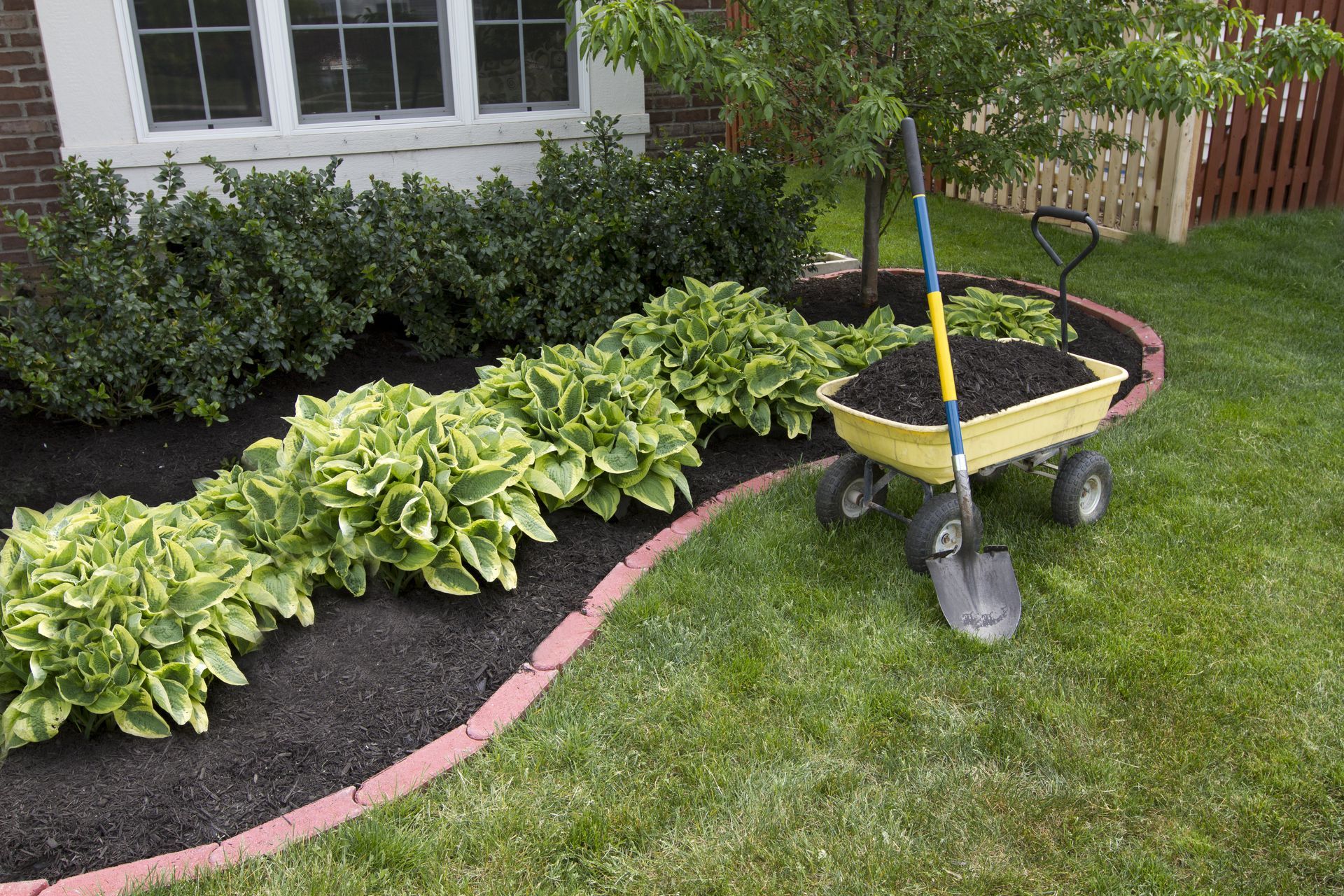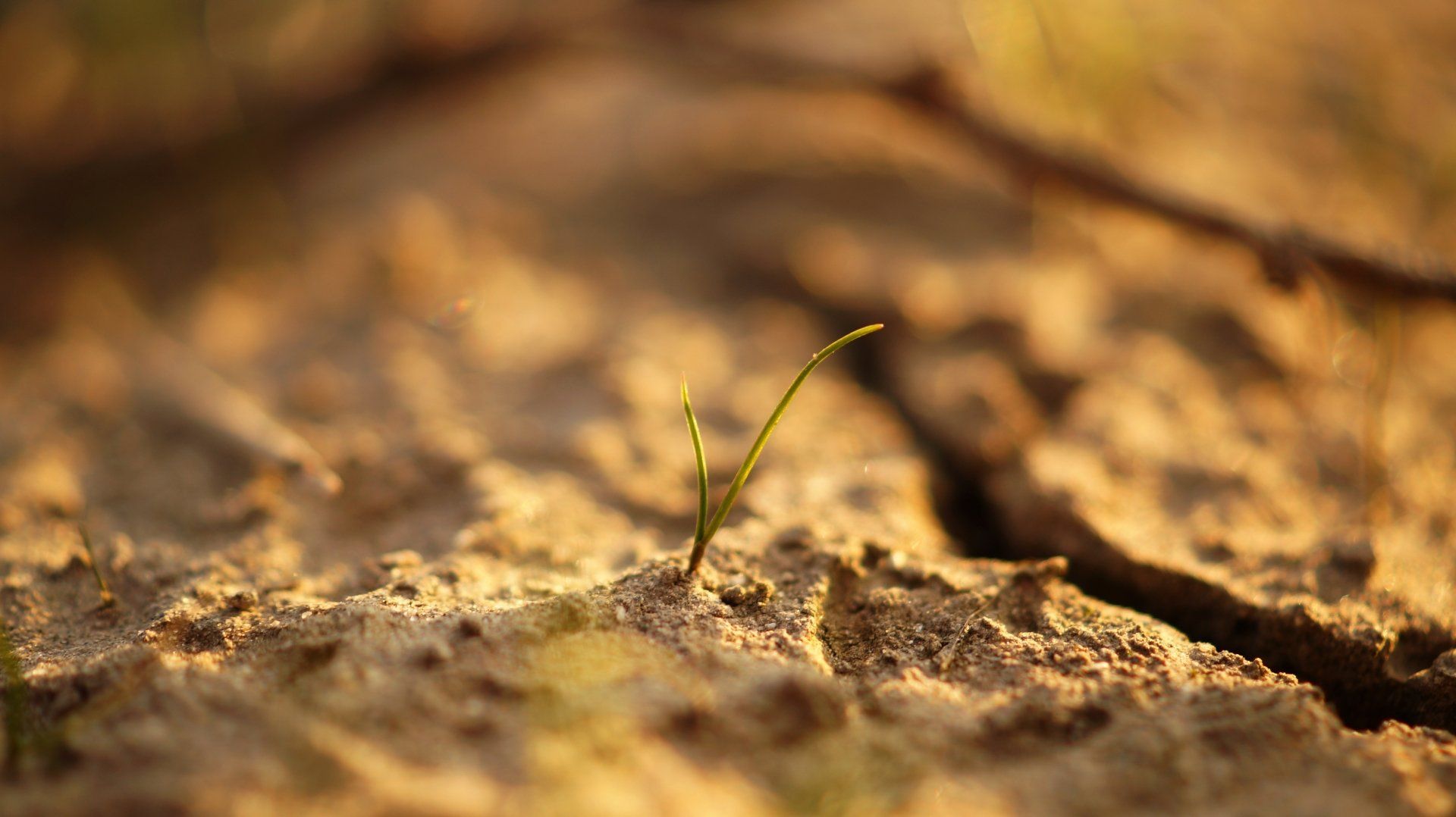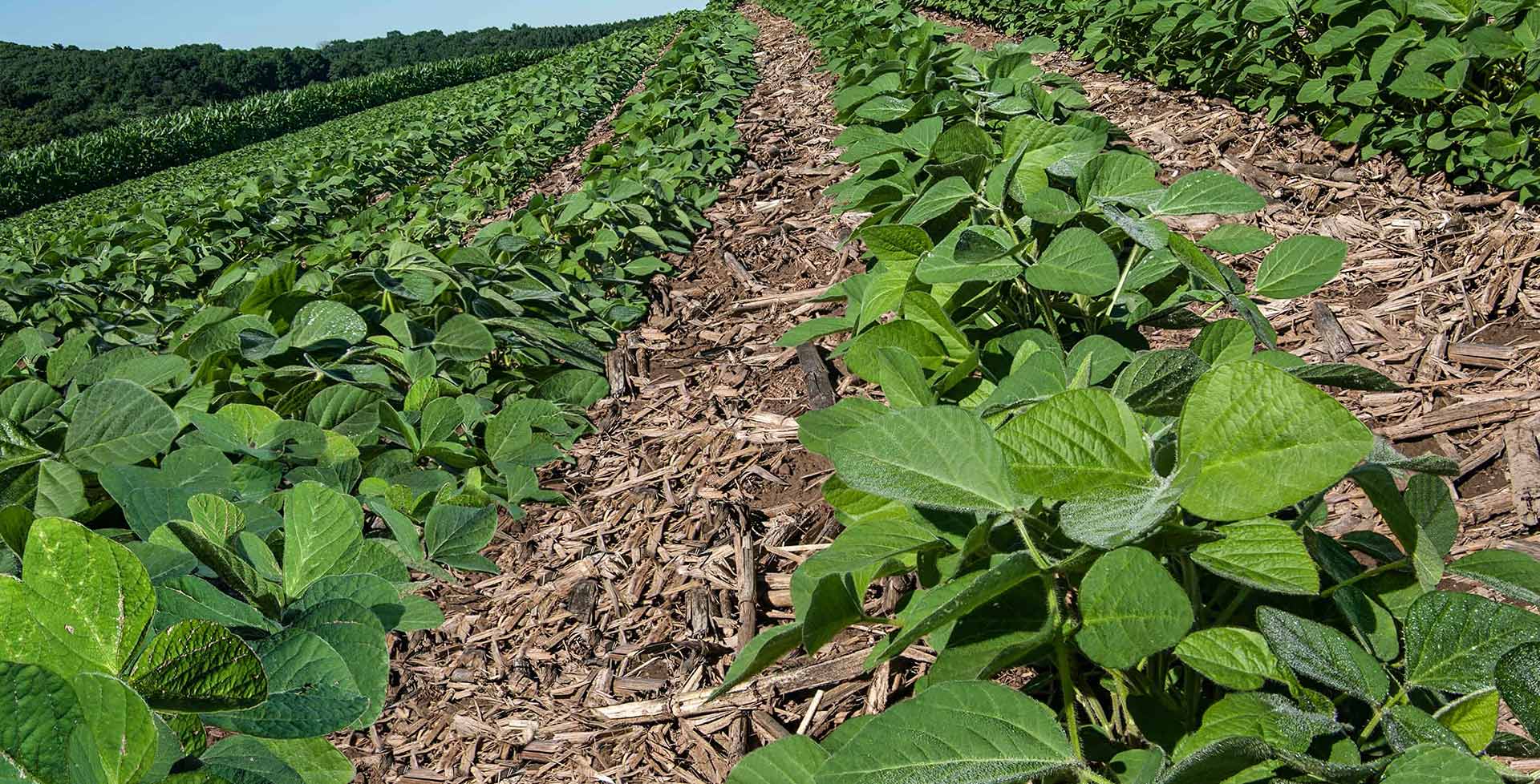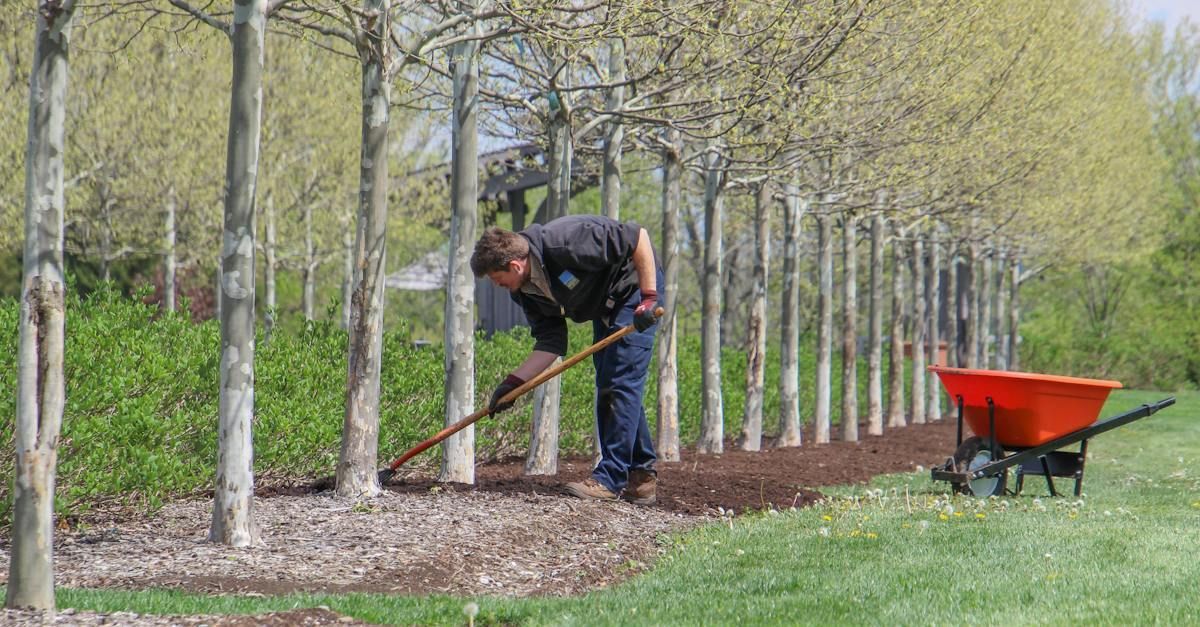The Key To Effective Mulching: When, Why and How
When Should You Mulch? Why Should you Mulch? How Should You Mulch?

For homeowners, new homeowners, gardening enthusiasts and those just starting out in the gardening world, mulching is a topic that comes up frequently. In areas where all of the seasons are experienced to the fullest, mulching becomes a vital step in gardening. Central Pennsylvania, from State College and Bellefonte to Harrisburg and Centre Hall, harsh winters and hot summers require careful gardening techniques and regular mulching to ensure ultimate soil and plant health. Mulching is a practice that holds a key to nurturing your plants, trees, and shrubs, providing them with the care they need to thrive.
At State College Mulch, we recognize the pivotal role mulch plays in gardening success. Whether you are mulching this spring, re-mulching through the summer months or wondering when to get started on fall mulching, this blog post will help you understand the world of mulching, exploring when, why, and how to apply this essential layer of protection to your garden beds.
The What and Why of Mulch
What is mulch, and why is it such a beloved tool among gardeners and landscapers?
Mulch is a protective covering, typically composed of organic materials like wood chips, straw, leaves, or bark, that is spread over the soil's surface in garden beds and around trees and shrubs. Its benefits are manifold:
- Moisture Retention: Mulch acts as a moisture barrier, preventing rapid evaporation and helping the soil retain essential moisture. This can significantly reduce the frequency of watering during hot, dry spells.
- Weed Suppression: A thick layer of mulch inhibits weed growth by blocking sunlight and preventing weed seeds from reaching the soil. Fewer weeds mean less competition for resources.
- Soil Temperature Regulation: Mulch provides insulation, helping to keep the soil cooler in the summer and warmer in the winter. This stable temperature range supports healthier root systems for your plants.
- Erosion Control: Mulch reduces soil erosion by shielding the soil from the impact of rain and preventing runoff.
- Soil Enrichment: As organic mulch breaks down, it gradually adds nutrients to the soil, enhancing its fertility and overall health.
- Aesthetic Appeal: Mulch can enhance the appearance of your garden, providing a neat and uniform appearance that complements your plants and landscape design.
When to Mulch
Timing is a critical factor in mulching. The ideal time to mulch depends on the type of plants in your garden and your climate.
- Spring Mulching: In spring, apply a fresh layer of mulch once the soil has warmed up and the ground is no longer frozen. Spring mulching helps to retain soil moisture, suppress weeds, and regulate soil temperature for the growing season ahead.
- Fall Mulching: Fall mulching is essential for preparing your garden for winter. Apply mulch after the ground freezes but before the harshest winter weather sets in. This provides a protective layer that shields plant roots from extreme cold and temperature fluctuations.
- Year-Round Touch-Ups: While spring and fall are prime mulching times, it's also beneficial to perform year-round touch-ups. For instance, if you notice mulch has thinned in the summer, adding a little more can help maintain its effectiveness.
Why Mulch Your Garden
Mulching offers a wide array of benefits for your garden and landscaping efforts. Here's why mulching is essential:
- Weed Control: A thick layer of mulch creates a barrier that prevents sunlight from reaching weed seeds, stifling their growth.
- Moisture Conservation: Mulch reduces moisture evaporation, ensuring that the soil retains the necessary water levels for your plants.
- Soil Health: As mulch breaks down, it adds organic matter to the soil, enhancing its fertility and structure.
- Temperature Regulation: Mulch acts as insulation, protecting plant roots from extreme heat in the summer and cold in the winter.
- Erosion Prevention: Mulch prevents soil erosion by minimizing the impact of heavy rain and wind.
How to Apply Mulch
Now that we've established the importance of mulch and the best times to apply it, let's explore the "how" aspect of mulching.
- Choose the Right Mulch: Select a mulch type that's suitable for your garden. Organic mulches like wood chips or bark are excellent choices for most applications. They break down over time, enriching the soil in the process.
- Prepare the Area: Before applying mulch, clear the area of weeds and debris. If you're adding mulch to an existing garden bed, consider adding a layer of compost or fertilizer to the soil before mulching.
- Apply a Suitable Thickness: The ideal mulch depth varies depending on the type of mulch and the application. In general, aim for a thickness of 2-4 inches for most mulch types. Avoid piling mulch directly against the trunks of trees or stems of plants to prevent moisture-related issues and pest damage.
- Maintain Mulch Regularly: Check your mulch periodically to ensure it remains at the appropriate thickness. You might need to replenish it as it breaks down over time.
- Consider Edging: To prevent mulch from spilling onto walkways or lawns, consider installing edging to contain it within garden beds.
- Water After Application: After mulching, water the area to settle the mulch and help it form a solid barrier.
In the world of gardening and landscaping, mulching is akin to providing your plants with a cozy blanket. It protects against the elements, nourishes the soil, and enhances the overall beauty of your garden. By understanding when, why, and how to apply mulch effectively, you're ensuring the health and vitality of your plants and the visual appeal of your landscape.
If you're in State College, Boalsburg, Bellefonte, Mill Hall, Howard, Harrisburg, Spring Mills, Centre Hall, and surrounding areas, and need assistance with mulching or other landscaping services, contact State College Mulch. Our team of experts is dedicated to helping you achieve the garden of your dreams.
Ready to enhance your garden with the magic of mulch? Contact State College Mulch today to discuss your mulching needs and other landscaping services.



Let Us Mulch Your Property for You!
Call us at 814.883.9444 or fill out the online order form.
FREE DELIVERY on orders of 5 yards or more!
Navigation
Designed & Hosted by siteROOST | Privacy Policy
All Rights Reserved | State College Mulch
